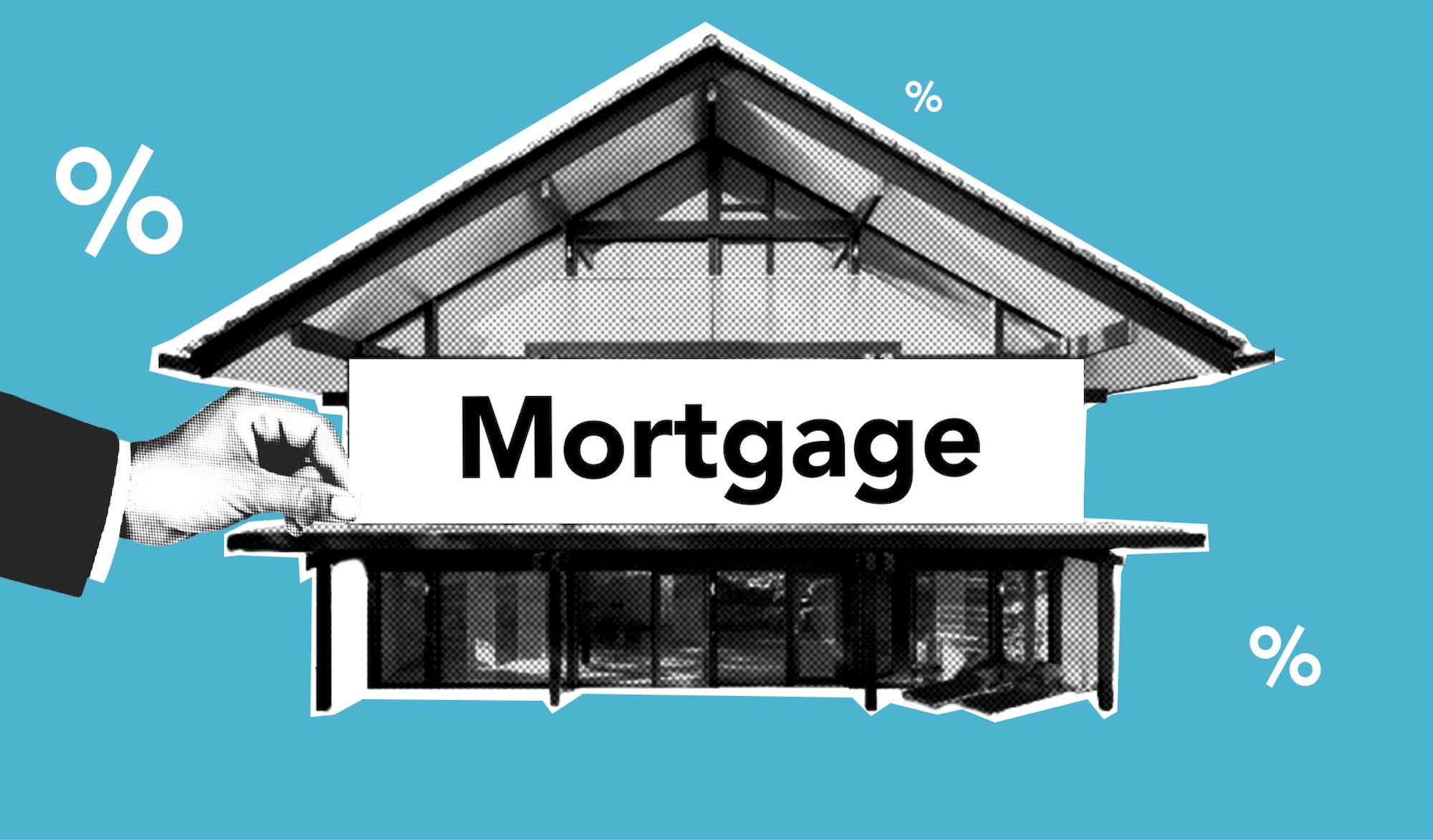The average shelf-life of a mortgage has dropped to 15 days at the start of June, compared to 28 days a month earlier, Moneyfacts has found.
In its UK mortgage trends report, the firm revealed that this compares to a shelf-life of 15 days in July 2023.
Moneyfacts also found that the average mortgage rate rises on overall two and five-year fixed rate deals increased by just 0.02% month-on-month, which is the smallest jump recorded this year.
Furthermore, these rates remain slightly lower compared to December 2023.
The average two-year fix remains 0.43% higher than its five-year equivalent. Moneyfacts added that these averages have not been higher than this since October 2023, when the difference worked out at 0.50%.
Finance expert at Moneyfacts, Rachel Springall, said: "Borrowers may feel disheartened to see another consecutive month of rises to the average two and five-year fixed mortgage rates. However, both rose by a modest 0.02%, the smallest month-on-month rise this year.
"Lenders spent the first few weeks of May repricing, in reaction to a volatile swap rate market, but the latter end of the month was more subdued, around the time the Government announced there would be a General Election in July."
Despite the drop in mortgage product shelf-life, the number of products available to consumers rose month-on-month, to its highest level since February 2008.
However, Moneyfacts has warned that those who are looking to remortgage should still be wary of higher prices.
Springall added: "Year-on-year the overall availability of mortgages has risen by 1,662 deals, and within that pool of products, there are 156 more at 90% LTV and 124 more at 95% LTV. These rises are good news for borrowers who may be struggling to build a big enough deposit to secure a new deal. On the other end of the spectrum, there are just 98 more deals at 60% LTV, and month-on-month, there was a slight fall of 15 deals.
"Consumers concerned about rising rates would be wise to seek advice from an independent broker to see if they can lock into a deal early, as some will let borrowers do this from three to six months in advance. However, there may well be some borrowers sitting on the fence, hoping the market gets a base rate cut this year, but they could still grab a lower rate deal than if they were to sit on their SVR without fixing, such as with a tracker deal.
"Those about to come off a five-year fixed mortgage will have to face the reality that rates are much higher now on an equivalent deal, 2.65% in fact, compared to June 2019, so consumers must ensure they can afford the higher repayments."
Latest News
-
Market Financial Solutions enters administration
-
IHT receipts remain on track for record year
-
Over 9,000 individuals join FCA Register in H2 2025, report shows
-
Bank of Ireland UK fined £3.7m for CoP failures
-
31,300 complaints sent to Ombudsman in 2025
-
True Potential launches partnership with Oxford Risk
Mortgage Advice Bureau and AI in the mortgage sector
Chief executive officer at Mortgage Advice Bureau, Peter Brodnicki, and founder and managing director at Heron Financial, Matt Coulson, joined content editor Dan McGrath to discuss how Mortgage Advice Bureau is using artificial intelligence to make advancements in the mortgage industry, the limitations of this technology and what 2026 will hold for the market
Perenna and the long-term fixed mortgage market

Content editor, Dan McGrath, spoke to head of product, proposition and distribution at Perenna, John Davison, to explore the long-term fixed mortgage market, the role that Perenna plays in this sector and the impact of the recent Autumn Budget
NEW BUILD IN FOCUS - NEW EPISODE OF THE MORTGAGE INSIDER PODCAST, OUT NOW

Figures from the National House-Building Council saw Q1 2025 register a 36% increase in new homes built across the UK compared with the same period last year, representing a striking development for the first-time buyer market. But with the higher cost of building, ongoing planning challenges and new and changing regulations, how sustainable is this growth? And what does it mean for brokers?
Does the North-South divide still exist in the UK housing market?

What do the most expensive parts of the country reveal about shifting demand? And why is the Manchester housing market now outperforming many southern counterparts?
In this episode of the Barclays Mortgage Insider Podcast, host Phil Spencer is joined by Lucian Cook, Head of Research at Savills, and Ross Jones, founder of Home Financial and Evolve Commercial Finance, to explore how regional trends are redefining the UK housing, mortgage and buy-to-let markets.
In this episode of the Barclays Mortgage Insider Podcast, host Phil Spencer is joined by Lucian Cook, Head of Research at Savills, and Ross Jones, founder of Home Financial and Evolve Commercial Finance, to explore how regional trends are redefining the UK housing, mortgage and buy-to-let markets.
© 2019 Perspective Publishing Privacy & Cookies











Recent Stories